Are you thinking of purchasing an electric vehicle (EV)? If so, one of the most important considerations you should make is the installation of an EV outlet at home. This will allow you to charge your vehicle safely and conveniently without having to rely solely on public charging stations.
To ensure that you get the most out of your EV outlet installation, there are a few things you should consider. In this article, we’ll go over the top three things you should keep in mind when installing an EV outlet at home.
Electrical Panel Capacity and Location
Before installing an EV outlet at home, it’s important to ensure that your electrical panel has the capacity to handle the added load. A licensed electrician can help you determine whether your panel needs to be upgraded or replaced to accommodate an EV outlet.
Additionally, the location of your electrical panel is important to consider. Ideally, the panel should be located near the area where the EV will be parked to minimize the distance that the wiring will need to travel.
Average cost: The cost of upgrading or replacing an electrical panel ranges from $1,000 to $3,000, depending on the extent of the work required.
Type of Outlet
There are several types of outlets that can be used for EV charging, including Level 1, Level 2, and DC fast charging. Level 1 charging uses a standard 120-volt outlet and provides about 4 miles of range per hour of charging. Level 2 charging requires a 240-volt outlet and provides about 25 miles of range per hour of charging. DC fast charging is the fastest option and can provide up to 80% charge in as little as 30 minutes.
When deciding which type of outlet to install, consider your daily driving habits and the type of EV you own. Level 1 charging may be sufficient if you only drive short distances, while Level 2 or DC fast charging may be necessary for longer commutes or larger battery EVs.
Average cost: The cost of installing a Level 2 outlet ranges from $500 to $1,500, while the cost of installing a DC fast charging station ranges from $10,000 to $50,000.
Permits and Regulations
Finally, it’s important to be aware of any permits and regulations that may be required for installing an EV outlet at home. Local building codes and zoning regulations may dictate where the outlet can be installed, the type of wiring required, and the permits needed to complete the installation.
Additionally, some homeowners’ associations or local ordinances may have specific rules regarding the installation of EV charging stations. It’s important to do your research and ensure that you’re in compliance with all relevant regulations before beginning the installation process.
Average cost: Permit costs vary by location but typically range from $100 to $500.
In conclusion, installing an EV outlet at home is an important step for any EV owner. By considering the electrical panel capacity and location, the type of outlet needed, and any permits and regulations required, you can ensure that your EV charging setup is safe, efficient, and compliant with local regulations.
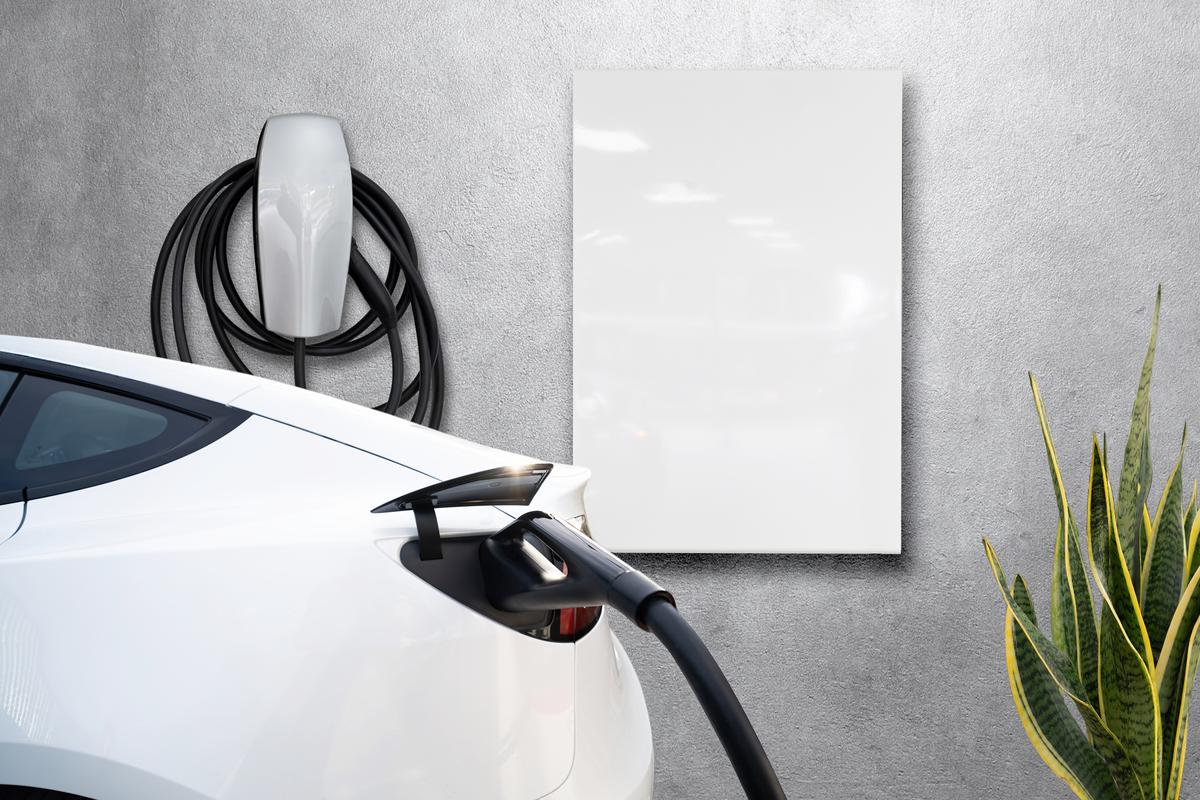

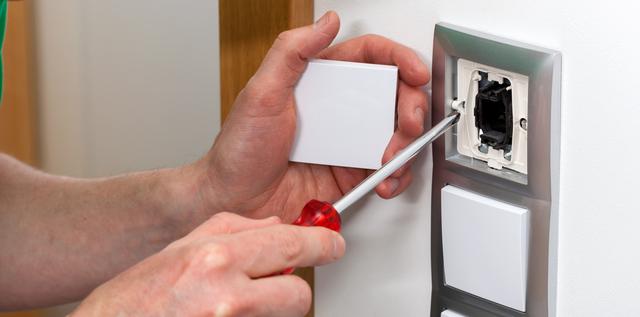
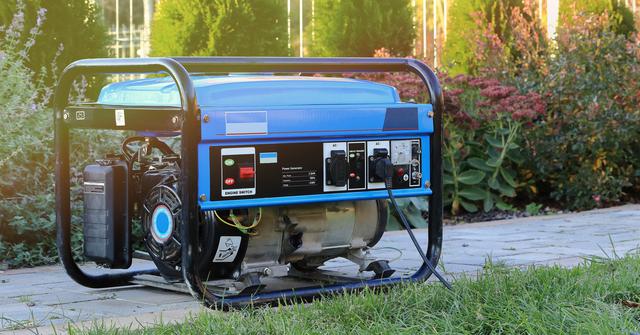
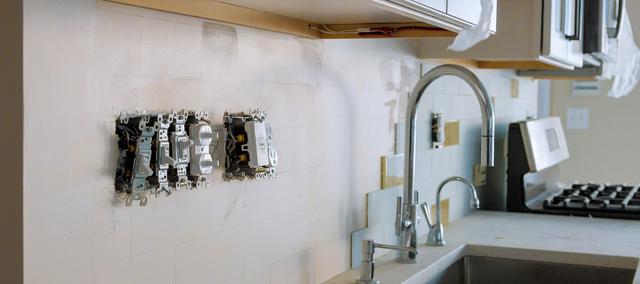
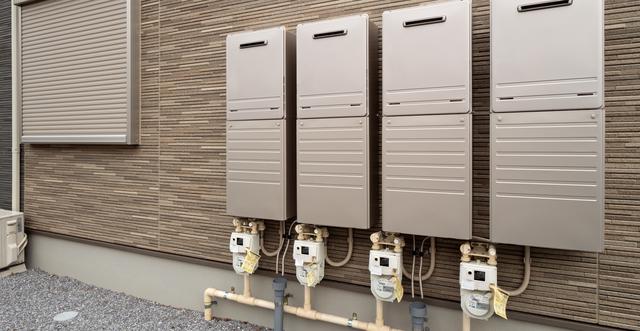
comments